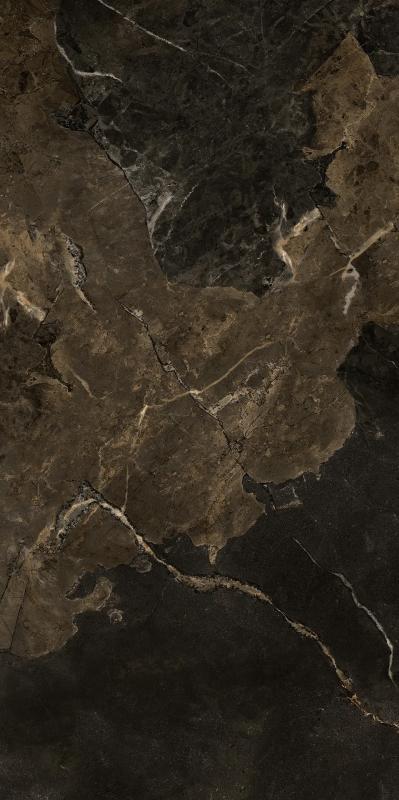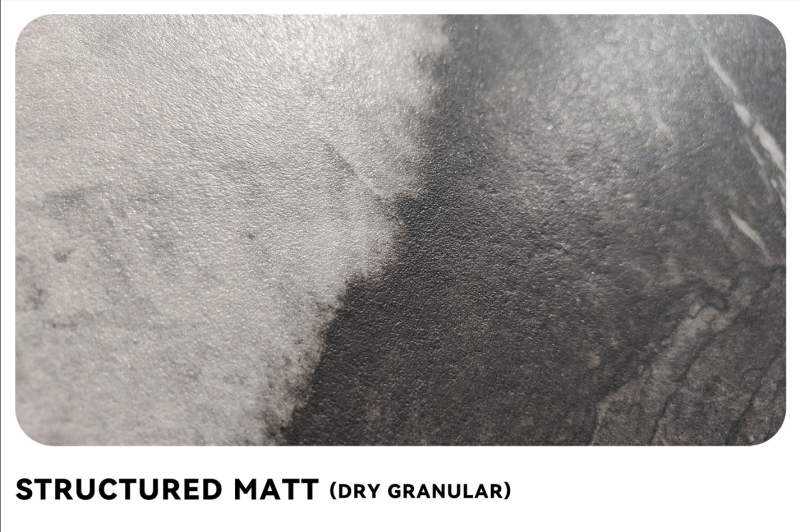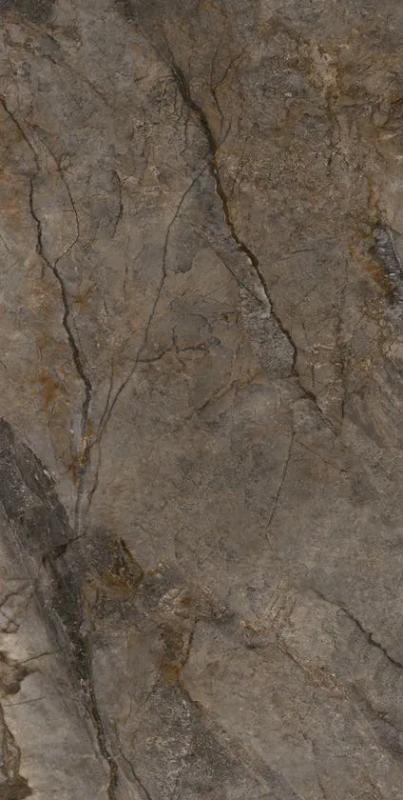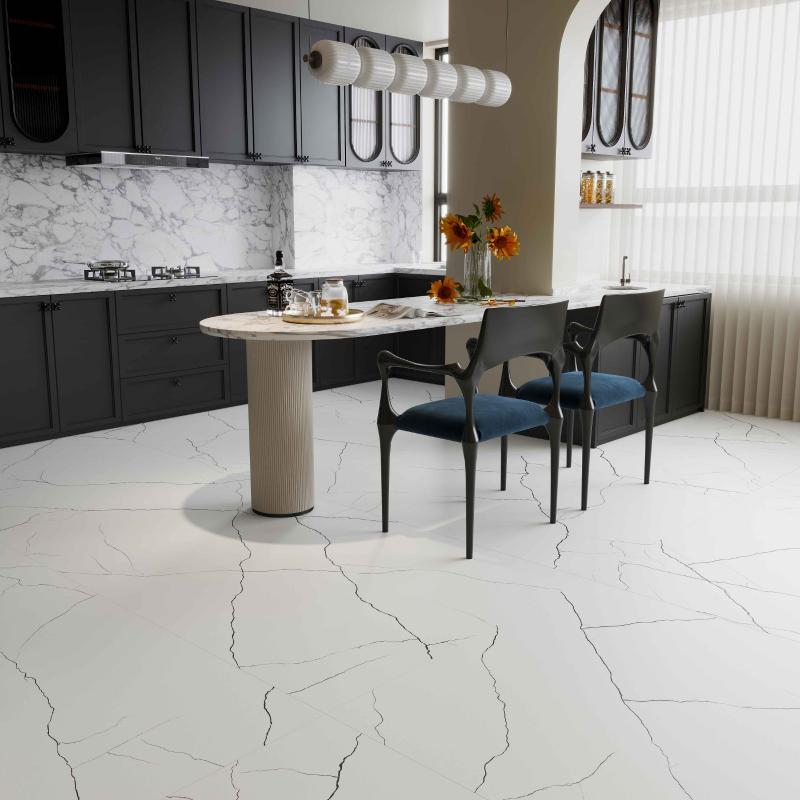Factors that damage marble slabs primarily include:
• Acidic corrosion;
• Alkaline chemical damage;
• Scratches and wear from hard objects;
• Thermal expansion and contraction due to high temperatures;
• Long-term moisture damage;
• Ultraviolet radiation;
• Improper installation or structural stress;
• Improper cleaning methods.
These seemingly everyday factors are the primary causes of marble slab damage.
2025-10-24
More







